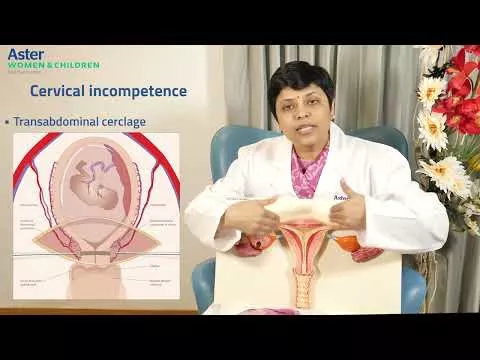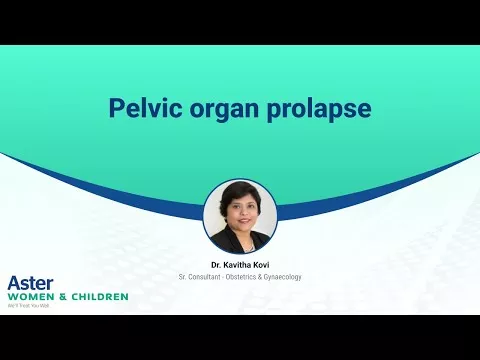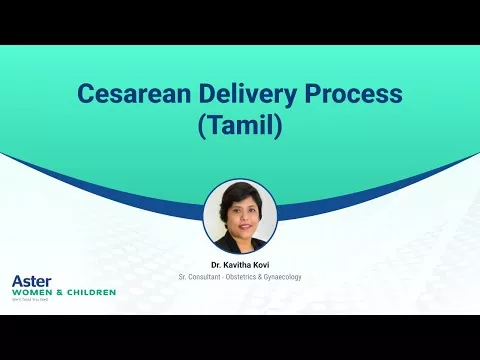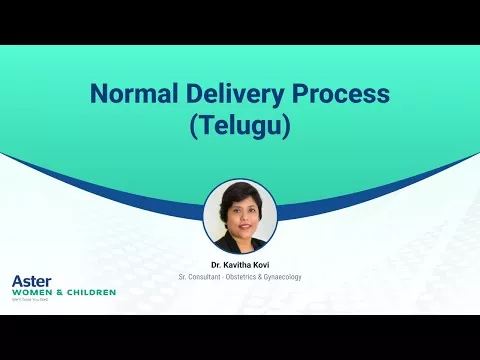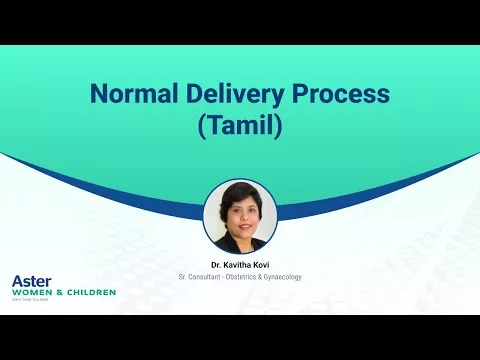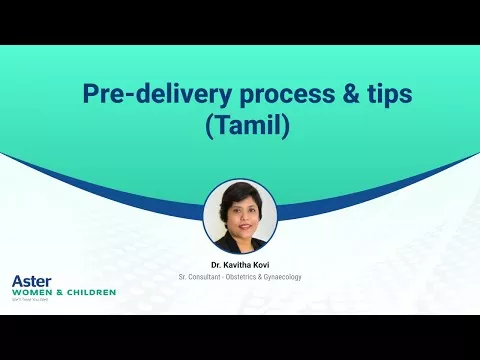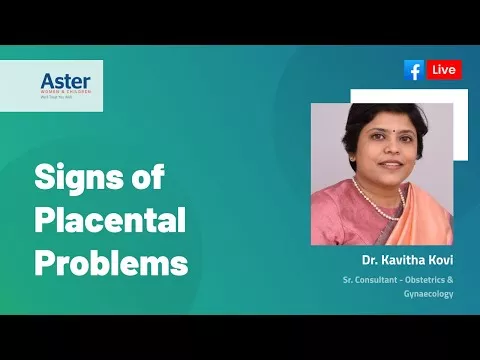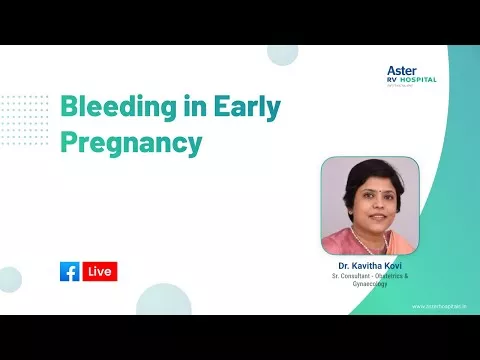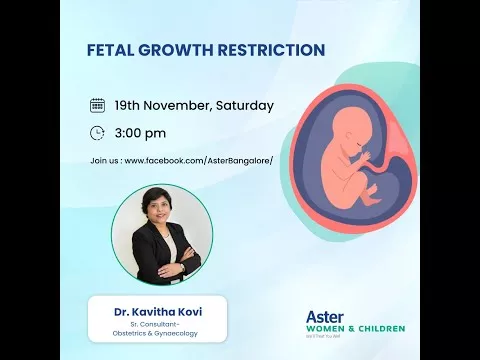This video by Dr. Kavitha Kovi, HOD - Obstetrics and Gynecology at Aster Women & Children Hospital, discusses the topic of abnormal uterine bleeding. The video aims to provide women with information about the causes, diagnosis, and treatment options for abnormal uterine bleeding.
What is Normal Menstrual Bleeding?
Dr. Kavitha begins by explaining what is considered normal menstrual bleeding. She defines a normal menstrual cycle as occurring anywhere between 24 to 38 days, with a duration of up to eight days. She emphasizes that the amount of bleeding can vary from person to person and that it's important to consider other factors, such as blood count, when determining if bleeding is excessively heavy.
What is Abnormal Uterine Bleeding?
Abnormal uterine bleeding refers to any bleeding that occurs outside of a woman's normal menstrual cycle. This can include bleeding between periods, bleeding that is heavier or lighter than usual, or bleeding that lasts longer than eight days. Dr. Kavitha explains that abnormal uterine bleeding can occur at any age, but it is most common during adolescence and perimenopause.
Causes of Abnormal Uterine Bleeding
- Hormonal imbalances: These can occur during adolescence, perimenopause, or as a result of underlying conditions such as polycystic ovary syndrome (PCOS).
- Fibroids: These are noncancerous growths in the uterus that can cause heavy bleeding.
- Polyps: These are small growths on the lining of the uterus that can also cause heavy bleeding.
- Endometrial hyperplasia: This is a thickening of the lining of the uterus that can occur in perimenopausal women.
- Adenomyosis: This is a condition in which the tissue that normally lines the uterus grows into the muscular wall of the uterus.
Diagnosis and Treatment
The diagnosis of abnormal uterine bleeding typically involves a thorough medical history, physical examination, and blood tests. Imaging tests, such as ultrasound or MRI, may also be necessary to identify underlying conditions. Treatment options for abnormal uterine bleeding vary depending on the cause and severity of the bleeding. They may include medications, surgery, or other minimally invasive procedures.
Dr. Kavitha highlights the expertise of Aster Women & Children's Hospital in performing laparoscopic and hysteroscopic surgeries for the treatment of abnormal uterine bleeding. She emphasizes the benefits of these minimally invasive procedures, including shorter recovery times and less pain compared to traditional open surgeries.
To book an appointment, contact us at 080-4510 8888.







